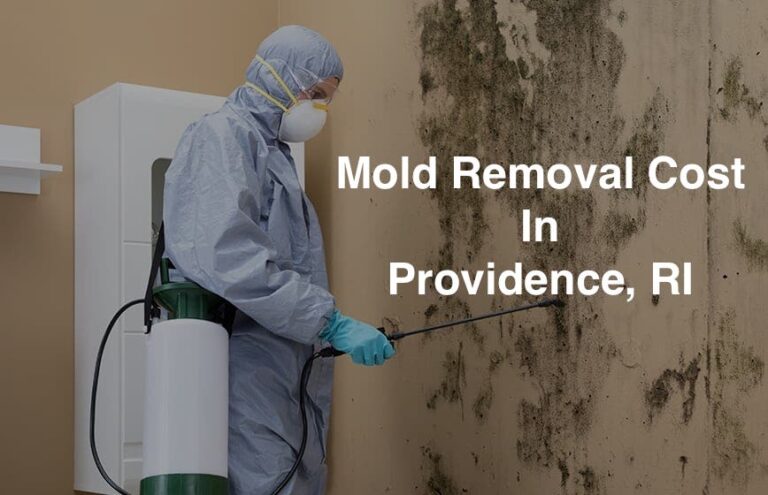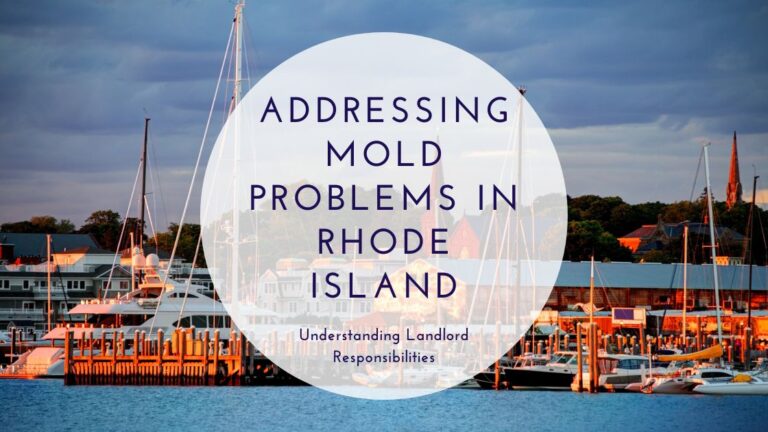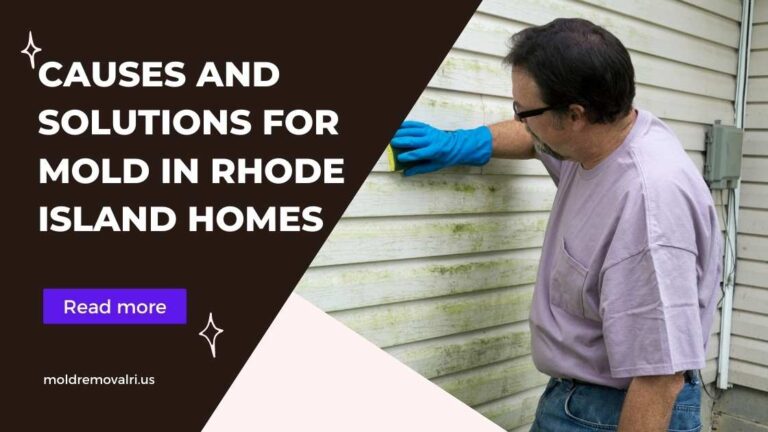When you think about molds, your mind likely flashes to the fuzzy spots on old bread or the black growth around a leaky pipe. However, molds are a type of fungus and play a critical role in decomposing organic matter. While some molds serve beneficial roles in food production or biotechnology, others can cause health issues or damage to property. Here is an overview of eight common types of mold that you should be familiar with.
Types of Mold
| Type of Mold | Where It’s Commonly Found | Potential Health Effects |
|---|---|---|
| Aspergillus | Indoors and outdoors, often in air conditioning systems | Allergic reactions, respiratory infections, aflatoxin can be carcinogenic |
| Penicillium | In soil, food, air, and damp environments | Allergic reactions, possible asthma triggers |
| Cladosporium | On dead plants, food, textiles, damp or wet surfaces | Allergies and asthma |
| Alternaria | Showers, bathtubs, below leaky sinks | Allergic reactions, asthma attacks |
| Stachybotrys chartarum (‘Black Mold’) | Damp, wet areas with high humidity | Allergic reactions, respiratory infections, and aflatoxin can be carcinogenic |
| Fusarium | Soil, plants, cooler temperature environments | Allergic reactions, and respiratory infections, can produce mycotoxins, potential damage to the nervous system |
| Trichoderma | Soil, damp, water-damaged building materials | Respiratory and sinus infections, some species used in biotech and agriculture |
| Mucor | Soil, animal dung, rotting plant material, HVAC systems, carpeting | Mucormycosis, especially dangerous in people with weakened immune systems |
Aspergillus: The Ubiquitous Mold
Aspergillus is an indoor and outdoor mold that you likely encounter every day without realizing it. It can cause allergic reactions and respiratory infections, especially in individuals with weakened immune systems. Some Aspergillus species even produce a harmful toxin known as aflatoxin.
Penicillium: The Beneficial and Harmful
Penicillium is a type of mold that’s often found in soil, food, and in the air. While it’s known for its contribution to the medical field in creating penicillin, it’s also capable of causing allergic reactions in susceptible individuals.
Cladosporium: The Allergy Inducer
Found on dead plants, food, textiles, and various damp surfaces, Cladosporium is typically not dangerous. However, it has a notorious reputation for triggering allergies and asthma in sensitive individuals.
Alternaria: The Common Indoor Mold
Alternaria, a common indoor mold, can be found in areas such as showers, bathtubs, and below leaky sinks. Exposure to this mold type can lead to allergic reactions and can exacerbate asthma.
Stachybotrys chartarum: The ‘Black Mold’
Often called “black mold,” Stachybotrys chartarum is infamous for producing mycotoxins, which can cause various health issues ranging from breathing difficulties and sinusitis to fatigue and depression.
Fusarium: The Cool Temperature Mold
Fusarium is a type of mold that grows even in cooler temperatures. While it’s commonly found in soil and plants, some species produce harmful toxins. Long-term exposure can lead to severe health problems, such as bone infections or nervous system damage.
Trichoderma: The Beneficial and Destructive
Trichoderma molds are common in soil and damp building materials. While they’re used in the biotech and agricultural industries, certain species can pose health risks, causing respiratory and sinus infections.
Mucor: The Potentially Lethal Mold
Mucor is typically found in soil, animal dung, and rotting plant material, but can also be found indoors, particularly in HVAC systems and carpeting. It can cause a serious condition called mucormycosis, especially in people with compromised immune systems.
If you suspect a mold issue in your home or workspace, don’t ignore it. Mold can be harmful, and it’s critical to tackle the issue promptly. Professional mold remediation services can ensure safe and effective removal, ensuring your environment remains healthy and safe.
Remember, understanding molds and their potential impacts not only helps you maintain your property but also safeguards your health. Stay informed, stay safe.
Looking to tackle mold issues in your space? Trust MoldAway RI, Rhode Island‘s leading mold remediation service, to help you breathe easy again. Check out our “Areas We Serve” page to see if your location is on our service list.
The Importance of Understanding Mold
Molds are more than just unsightly growths – they can significantly impact our health and the environments in which we live and work. From the ubiquitous Aspergillus and the infamous “black mold” Stachybotrys chartarum to the potentially lethal Mucor, it’s clear that understanding the common types of molds and their impacts is essential.
Mold exposure can lead to a variety of health issues, including allergies, respiratory infections, and in severe cases, damage to the nervous system. Hence, identifying and managing mold growth in our surroundings is a critical part of maintaining a healthy environment.
When faced with a potential mold problem, remember not to tackle it alone. Professional mold remediation services are equipped to safely and effectively handle mold removal. They will ensure that the mold issue is resolved, preventing future growth and protecting your health.
Knowledge is power. If you’re interested in learning more about what leads to the growth of these molds, consider reading our blog post on the “Causes and Solutions for Mold” Understanding these causes can help you prevent potential mold issues in the first place. In the battle against mold, being informed is your first line of defense. Remember, when it comes to molds, the key to a safe environment is awareness, swift action, and professional intervention.






